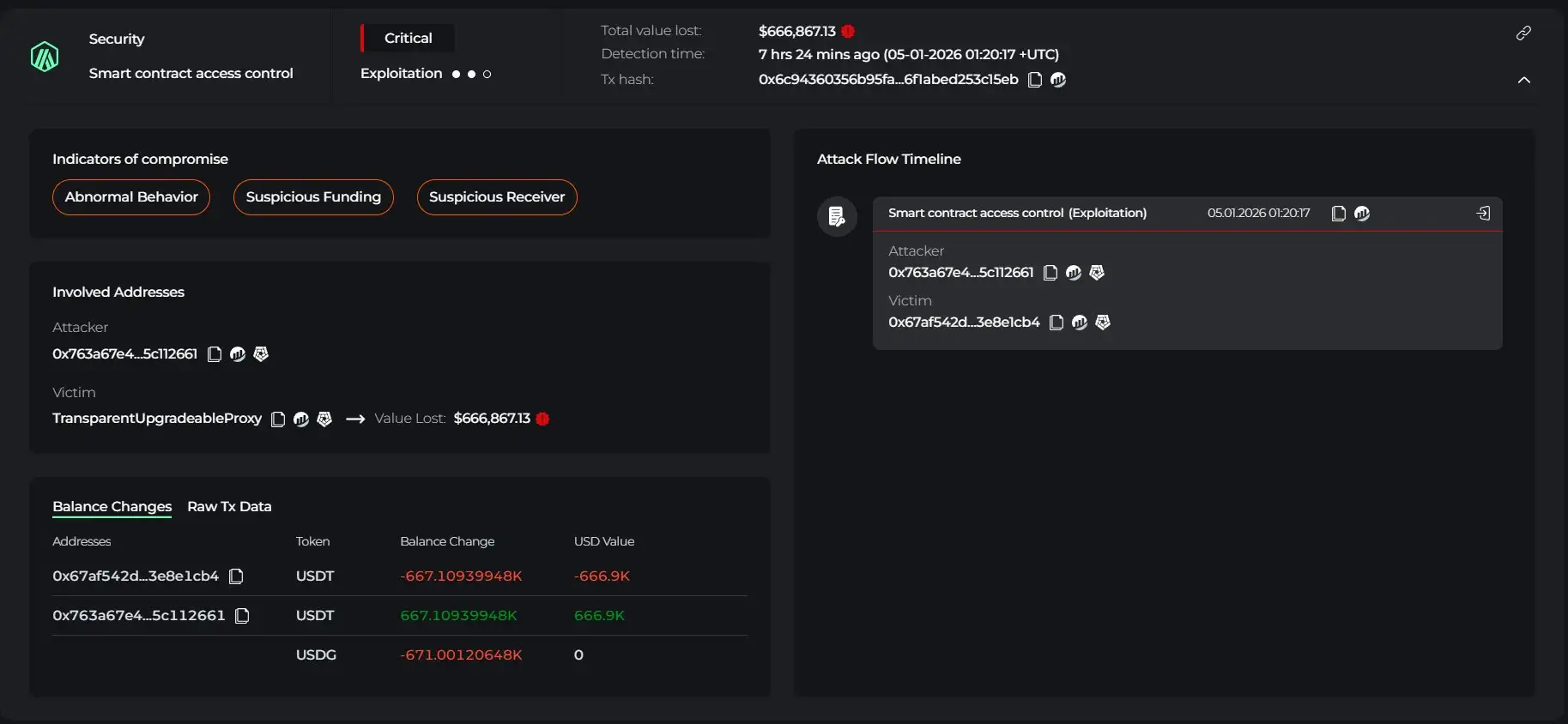
Key Insights:
The U.S. Department of the Treasury has opened a second public comment period for the GENIUS Act. The action is to seek more stakeholder feedback before the final rules are drafted and adopted.
The GENIUS Act is a new law that establishes the basis of regulating payment stablecoins in the United States. Signed into law by President Donald Trump on July 18, it marked a major shift in federal crypto policy.
Now, with implementation expected by late 2026, the Treasury is collecting input to guide how enforcement and oversight will be structured around preventing illicit use of stablecoins.
In an official notice published Thursday, the Treasury said the 31-day comment window builds upon its prior round of public feedback opened in August.
The current period will remain open until October 17, offering policymakers more time to assess industry concerns, compliance challenges, and technical recommendations.
The GENIUS Act is designed to create a federal framework for stablecoins pegged to fiat currencies like the U.S. dollar, focusing on their use in payments and settlements.
While the bill passed through Congress during what Republican lawmakers called “Crypto Week,” its impact is expected to extend across administrations, given the size of the U.S. stablecoin market now valued at over $289 billion, according to DeFiLlama.
The legislation provides the terms according to which the issuance of stablecoins by private companies is possible and requires registration, risk management, and federal oversight.
The U.S. Treasury and Federal Reserve will jointly design the final rules, and they will be implemented either 18 months after signing or 120 days after final regulations are published whichever is later.
The signing of the bill was attended by executives of Coinbase, Circle, Gemini, and Kraken, indicating that the industry is widely supportive of a stable legal framework that allows compliant innovation.
Although the issue of stablecoins is being resolved through the GENIUS Act, a wider regulatory clarity can be expected in the near future.
Senator Cynthia Lummis of Wyoming affirmed that the Senate Banking Committee will vote on a digital asset market structure bill that is likely to be called the Responsible Financial Innovation Act before the end of September.
Such a law would make federal agencies such as the SEC and CFTC more involved in regulating crypto assets, exchanges, and token issuers, which would establish a more consistent crypto regulation throughout the board.
Collectively, these events represent a turning point in crypto regulation in the U.S., and stablecoins are the first step toward a more organized and federally regulated ecosystem.
On-Chain Media articles are for educational purposes only. We strive to provide accurate and timely information. This information should not be construed as financial advice or an endorsement of any particular cryptocurrency, project, or service. The cryptocurrency market is highly volatile and unpredictable.Before making any investment decisions, you are strongly encouraged to conduct your own independent research and due diligence
Tags :

0 Comments
Show More

Solana is showing a bullish engulfing candlestick that could drive prices toward $150. Analysts forecast a potential 600% surge for XRP if market momentum strengthens.

Cyvers detects deployer account compromise, funds bridged to Ethereum and laundered through Tornado Cash. Latest DeFi security incident on January 5, 2026.

Revolut’s 2017 “experiment” is now the fintech standard. Neobanks, marketplaces & apps are all adding crypto to boost revenue, retention & user growth.
On-Chain Media is an independent, reader-funded crypto media platform. Kindly consider supporting us with a donation.
bc1qp0a8vw82cs508agere759ant6xqhcfgcjpyghk
0x18d7C63AAD2679CFb0cfE1d104B7f6Ed00A3A050
CBaXXVX7bdAouqg3PciE4HjUXAhsrnFBHQ2dLcNz5hrM
Contains the last 12 releases